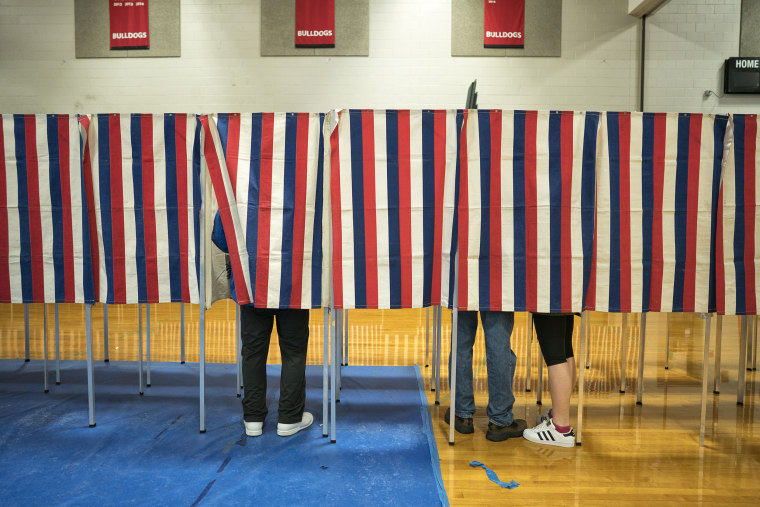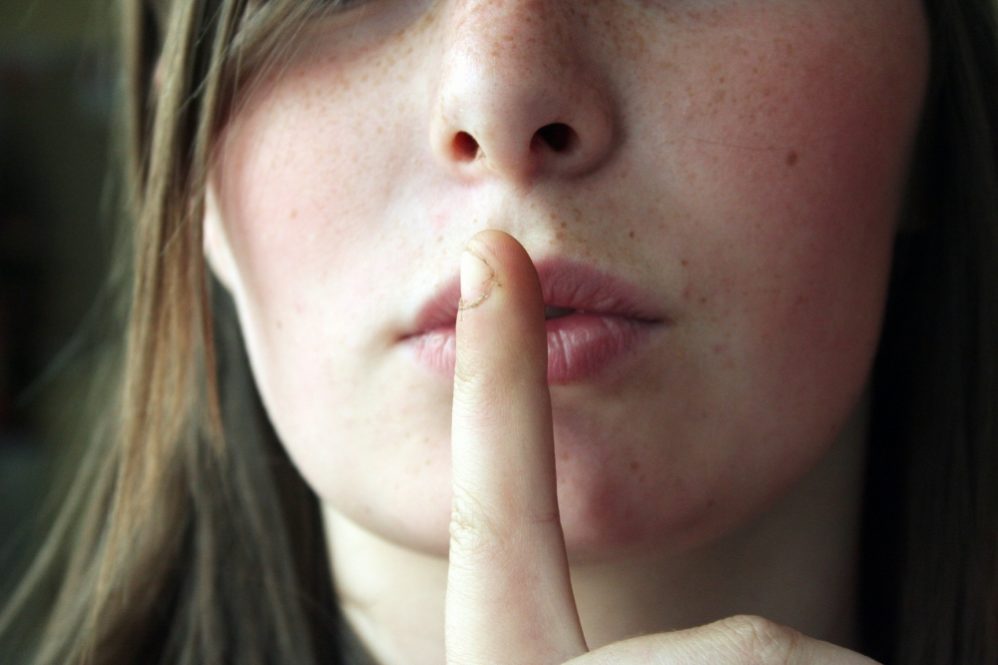Keeping your vote private isn't a sign of shame — it makes the important point that not every action needs to be performed in public for the mob's approval.
I never knew how my grandmother voted. Nor did I know my grandfather’s political preferences. Both were regular voters. He was eligible to vote in 11 presidential elections. She lived longer and could vote in 16 of them. Maybe they discussed their choices with each other, but they never told anyone else, nor did they give in to the multitude of questions from a young grandson who was fascinated with politics.
One year, my grandmother told me that she and my grandfather had voted for different candidates — that was as close to an answer as I ever got. It was not that they were especially secretive. Their silence came from respect for an idea that is increasingly fading in America: the secret ballot. In a society increasingly transfixed on public performance, the act of voting has become almost secondary to telling everyone how you voted.
For their part, the news media have built up an industry based on this, constantly polling the public on their electoral preferences and publishing stories based on the results — creating the news, rather than reporting on it. Going forward, the solution is simple: when people ask who you’re voting for, tell them to mind their own business.
Our Voting Process Is Cheapening
Voting was not always a private act. Voters used to have to bring their own ballots to the polling station. Shocking to our modern notions, these were usually printed by the political parties or newspapers associated with them. The parties often printed them on different colored papers, so that even when folded to conceal the names, the voter’s loyalties remained public. Predictably, this frequently led to voter intimidation, both to keep one’s own voters in line and to harass those of the opposite party.
After the Civil War, ballots became more uniform and by the end of the nineteenth century, the secret ballot (sometimes called the “Australian ballot”) became more widespread. The 20th century that followed marked a golden age for the secret ballot, but in our time, the practice has degraded.

Attacks on the secret ballot come from all directions, some nefarious and some accidental. Absentee balloting fixed the problem of people being out of town on Election Day, but it introduced a chain of people who would have custody of voters’s ballots between them and the ultimate tabulation. It also gave rise to so-called “ballot harvesting,” of the kind that led invalidating a 2018 election in North Carolina. The practice still exists in many states, and House Democrats tried to make it a nationwide practice in their latest election bill.
While it began with good intentions, absentee balloting soon led to no-excuse absentee balloting and, now, to mail-in balloting. Again, the reasons for the change were mostly benign, if also calculated to gain a partisan edge, but the result is that the secret ballot is less safe and less secret. All of the extra steps involved create points where election security may be compromised.
Obsessing Over Polls Hurts the Secret Ballot --->Read the rest from Kyle Sammin HERE.
If you like what you see, please "Like" us on Facebook either here or here. Please follow us on Twitter here.


1 comment:
That's very true.
Post a Comment